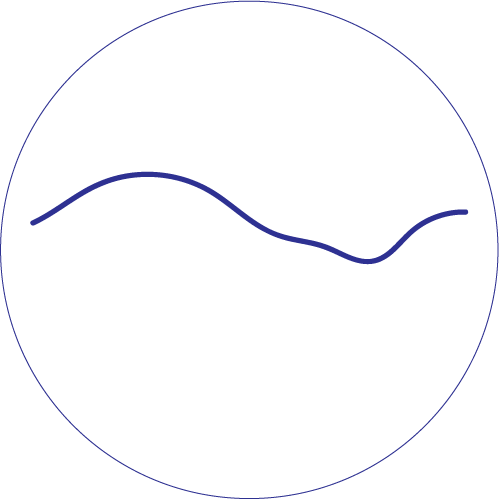ALL UTOPIAS ARE DYSTOPIAS [elizabeth cook]
ALL UTOPIAS ARE DYSTOPIAS:
SOME THOUGHTS ON PERFECT WORLDS AND THE BACHELOR FRANCHISE
Consider: a society in which unpredictable human behavior has finally been curtailed. Ordinary citizens no longer squabble in the streets. People stop killing each other. No fighting over love, gold, or territory. Society is complete by virtue by reduction, exclusion, and limitation.
The most terrifying world is a utopia.
All dystopias are someone else’s utopia, but at least in a dystopia, a person can recognize and object to her reality. I’ve always found the quasi-famous utopia Herland by Charlotte Perkins Gilman to be particularly terrifying. Women, free from male domination and war, leap from tree-to-tree like flying squirrels. (So far, so good.) It’s a centuries-old matriarchal society. No men at all! Women can do anything they want! Disappointingly, what the women mostly want is to reproduce parthenogenetically like certain bugs, and they proceed to do so—with a big fat dose of “positive eugenics.”
If I lived in a society without men, I would probably wear my bathrobe in public every day. I would not asexually gestate a child.
Despite how horrible it would be to live in a utopia, it’s clarifying to imagine myself in these reductive systems. I always wonder whether I’d be swept along or whether I’d see past the edges of a manufactured reality.
Perhaps this fascination with utopias and dystopias is why I’m drawn to The Bachelor and The Bachelorette. In case you’ve been living under a rock, The Bachelor franchise is a reality show best known for commodifying the sacred commitment of marriage into an advertisement-shaped space.
It seems obvious that experiencing The Bachelor as a contestant would be terrible and exploitive, but I can’t figure out whether we, the viewing public, are supposed to see the show as a utopia or a dystopia. See below:
An extremely good looking (and allegedly deserving) person who has been thwarted in love is given the opportunity to find a mate via the process of elimination. As the contestants move forward in their relationship with the lead, they use fairly restricted language to describe their experiences. Having pure motives (finding love, as opposed to finding instagram sponsors) becomes “the right reasons.” Going through the reality TV process becomes a “journey.” Early romance’s complex, nuanced stages are fossilized into the four following modes:
1.“I could see myself falling in love with you.”
2. “I am falling in love with you.”
3. “I’ve fallen in love with you.”
4. “I love you.”
If an alien were to watch The Bachelor or The Bachelorette, it would get the impression that human love was akin to watching a YouTube skateboarding fail in slow motion.
In the end, I guess it doesn’t matter whether we’re supposed to see The Bachelor and The Bachelorette as a utopia or dystopia. They have all the same traits, and if you write out the utopia’s rules, you’ll want to run screaming toward another continent.
But, also like a utopia, the powers-that-be want us to buy in. Even when we watch a squad of fifteen women declare that they’re falling in love, the show asks us to assume that they’re telling the truth, and not to assume that they’ve been brainwashed. The show asks us to believe that the process—I mean, the journey—will lead to love, even though we have ample evidence that it won’t. I find it a little curious. Does anyone take this at face value, or are we all watching the train wreck, wondering who’ll crawl, unharmed, from the smoke?
Human beings have weight and complexity. Put them in a perfect society, and that society will collapse—thank goodness. Utopias are too sterile for actual people. In the end, it’s better to recognize utopias—and The Bachelor—for what they actually are: entertaining nightmares.




